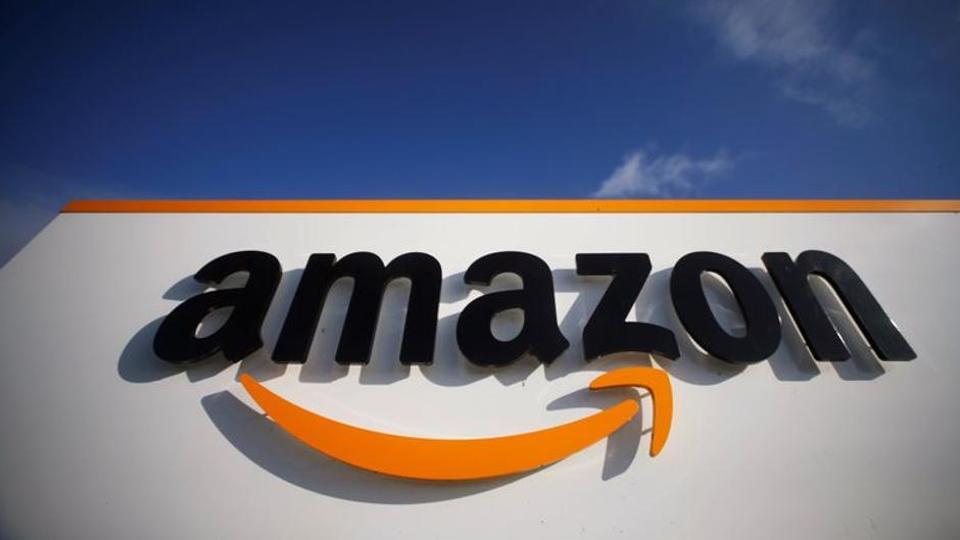Amazon is nudging customers to buy less
In a stunning reprieve from the prerogatives of capitalism, Amazon.com Inc. has begun discouraging users from buying things they don’t need.

The pandemic has many of us acting in unusual ways, and the world's largest e-commerce company is no exception. In a stunning reprieve from the prerogatives of capitalism, Amazon.com Inc. has begun discouraging users from buying things they don't need.
Amazon is suppressing extraneous consumption in various ways, according to a report in the Wall Street Journal. It isn't planning its normal promotions. It's not telling you what other customers bought. It has even delayed Prime Day indefinitely. The retail giant is overwhelmed with essential orders. It doesn't need to convince you to upgrade your TV right now.
Of course, Amazon turning down the dials on its shopping machine is a reminder of how much control it has over the behavior of its users in the first place. The company's algorithms are always nudging customers this way or that. In normal times, it might direct you to a higher-priced product if you seem like the type of person willing to overspend, or it could keep pushing you to pull the trigger on that espresso machine you thought about buying.
It's not just Amazon. Other companies are easing up on that most fundamental form of online manipulation—targeted advertising—as they slash their marketing budgets. Expedia Group Inc. Chairman Barry Diller says the company normally spends $5 billion on advertising in a year but probably won't even hit $1 billion this year. The overall travel industry has been cutting back sharply on advertising, but the economic trends are similar in other industries. This will make ads cheaper, while also leading to less money flowing through the system. Perhaps the most telling sign of hard it will be for the advertising industry is that Google is going to try to cool it on hiring.'
This won't last forever. Eventually it will be time to turn the economy back on, and the infrastructure of internet-fueled overconsumption will be right there to help. "What is about to be unleashed on American society will be the greatest campaign ever created to get you to feel normal again," as Julio Vincent Gambuto, a writer and director, wrote on Medium last week. The consumption economy will be counting on you.
Amazon, whose stock price is up over 40% since hitting a low on March 12, may turn the spigots back on earlier than companies facing deeper crises. Once it gets its supply chain back in order, it will return to natural state of being: imploring you to buy things you don't need.
If you read one thing
Amazon might be dialing back consumerism, but big companies are still getting ready to sell you the latest whizbangs. Earlier this week Apple announced its iPhone SE, a phone seemingly designed for the grim economy. It has a $399 price tag, fingerprint reader and all. My colleague Mark Gurman also has the details on Apple's latest headphones. The over-the-ear wireless headphones could have interchangeable magnetic components.
And here's what you need to know in global technology news
Next-generation video game systems may be in short supply. Sony Corp. is planning to produce fewer units of the PlayStation 5 than it did of its last generation system thanks to higher supply costs. Game developers expect the system to cost between $499 and $549.
Facebook Inc. is tagging misleading Covid-19 posts. The scale is staggering. The company is adding warnings to 40 million pieces of misinformation.
Starved for the NBA? There are still no basketball games on the horizon, but at least you can read about the league's new cloud computing deal with Microsoft Corp.
Catch all the Latest Tech News, Mobile News, Laptop News, Gaming news, Wearables News , How To News, also keep up with us on Whatsapp channel,Twitter, Facebook, Google News, and Instagram. For our latest videos, subscribe to our YouTube channel.


























